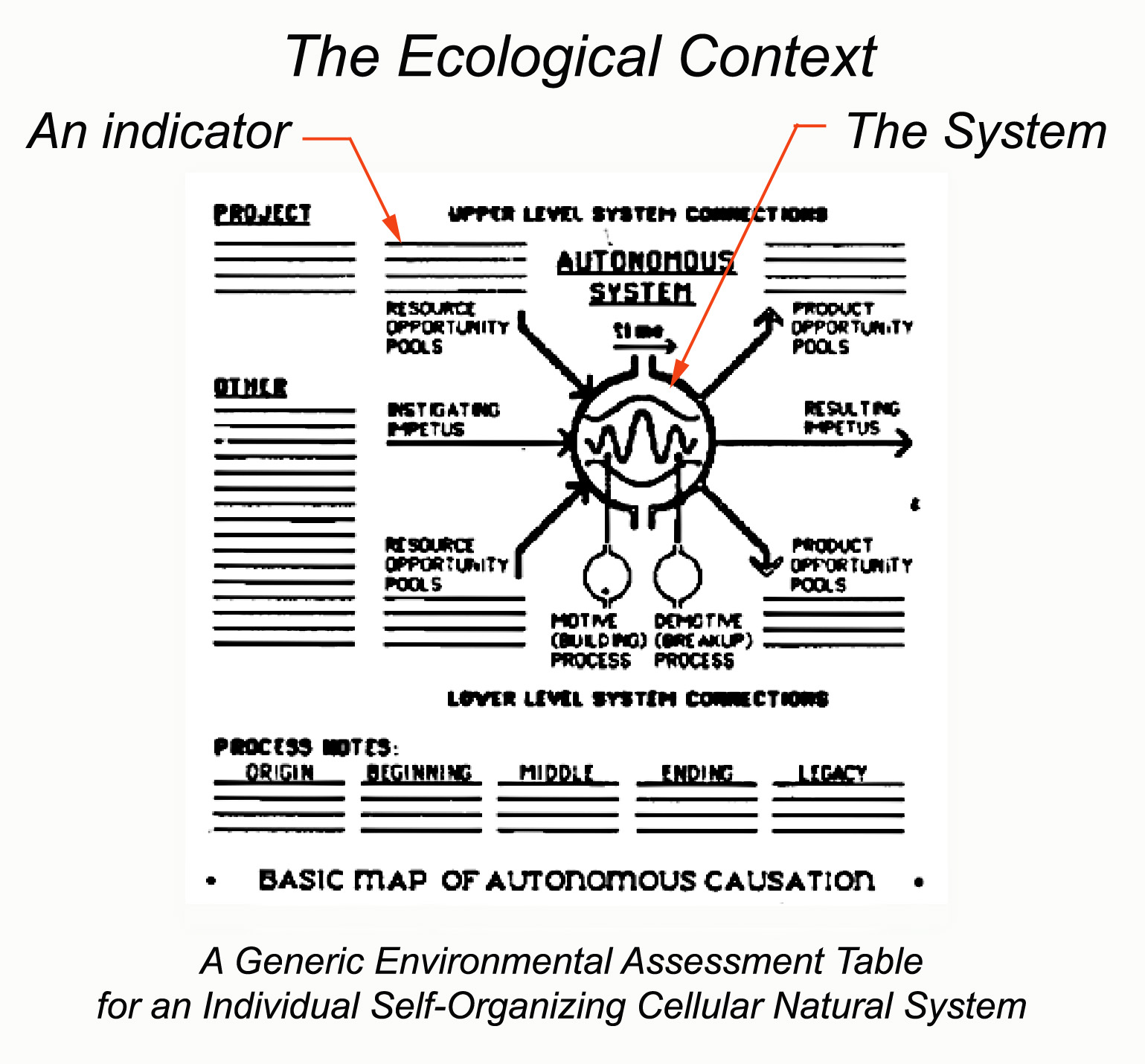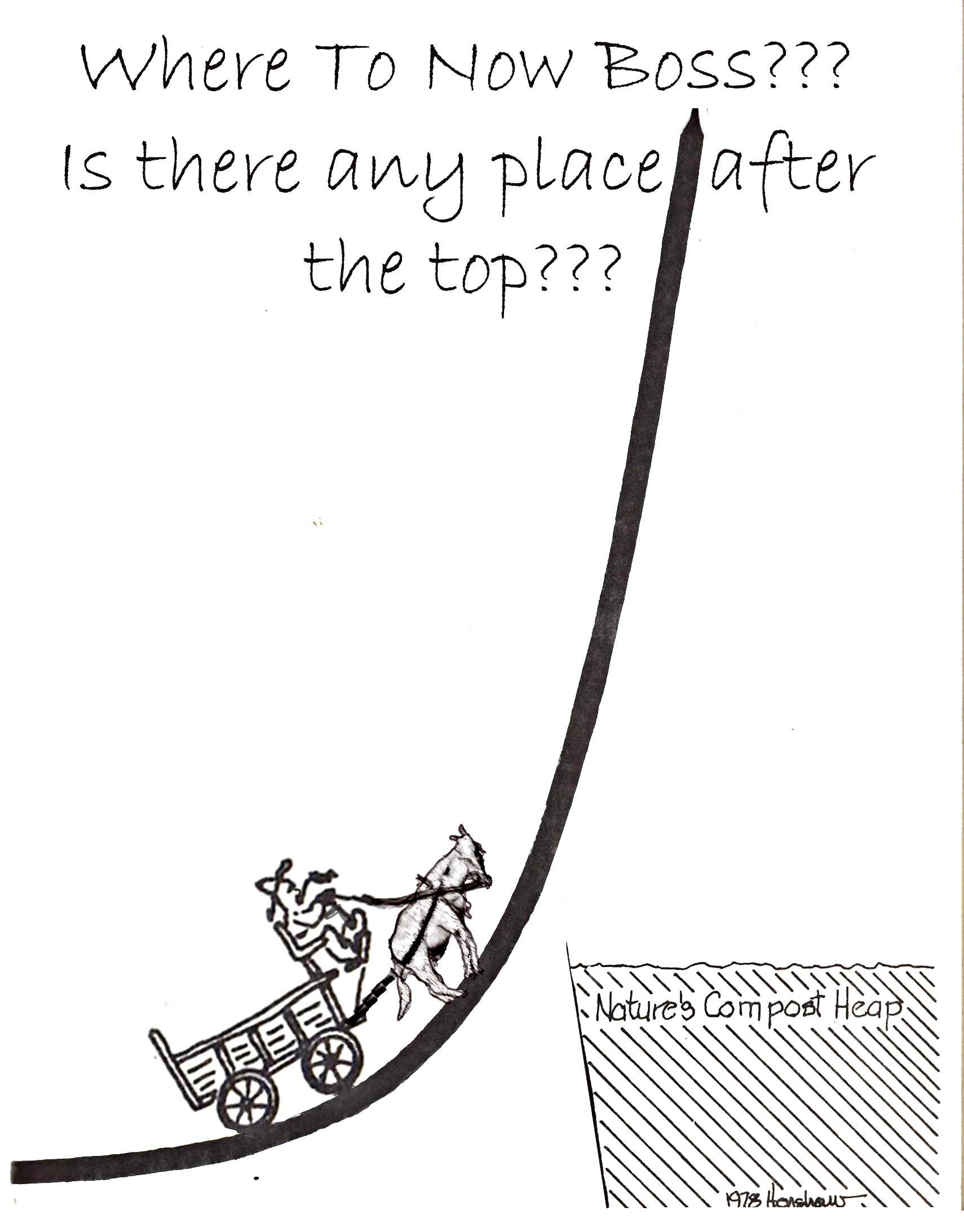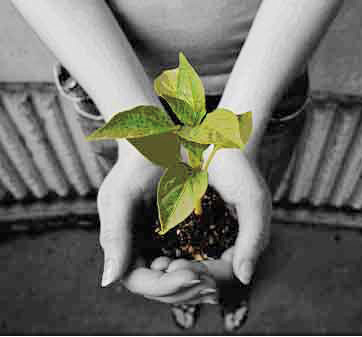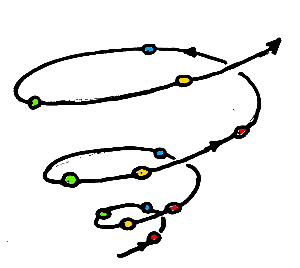 This NY blog is real glad the WordPress tools are so portable!! We moved from servers in the Mid-West to ones in Virginia today! I have more to say than time to write, and another website to build, or well… that’s the plan. Plans change a lot.
This NY blog is real glad the WordPress tools are so portable!! We moved from servers in the Mid-West to ones in Virginia today! I have more to say than time to write, and another website to build, or well… that’s the plan. Plans change a lot.
I’ll probably keep just working on the “knowledge bridge”, a tremendous labor of love for me I guess, slowly, slowly, learning how to speak to people in familiar natural language terms about the wonderfully beautiful but unfamiliar deep organization of the living systems. Why that’s possible is fascinating, that natural language actually evolved *by means of* referring to the working features of the complexly organized systems of life, as a “way to talk” about working with nature’s systems that we rely so heavily on them “just working by themselves”.
So… it really helps to notice that the meanings of our words really do originate from the natural meanings of the complex organizations of things in nature. It makes natural language, by default, a quite advanced sort of “organic systems theory”. All one needs to do is “just take a fresh look“, at the things our words already refer to in nature…
Using words like “friend” or “storm” or “house”, you both refer to common “word meanings” and also to the complex systems of familiar natural relationships that the words also refer to, along with how they work in the natural world as their “natural meanings”. It’s a way to pull your mind back to connecting with the natural meanings of things, and a fuller way to experience them. To enrich the “word meaning” with the “natural meaning” you just keep adding to your reflections on the things of nature as you experience your natural relationships with them.





